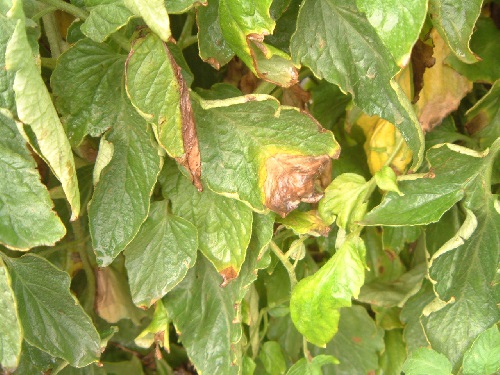Watch for Improved Pollinator Habitats in California Citrus Groves
The California Farm Bureau and its partners have received $5 million from the California Department of Food and Agriculture to implement climate-smart farming practices in citrus groves in 11 counties. The project, which is part of CDFA’s Pollinator Habitat Program, will focus on hedgerow planting, carbon sequestration, and soil management practices, all of which create safe pollinator habitats in citrus groves.
It will fund 20 to 45 citrus groves over three years in Fresno, Imperial, Kern, Kings, Riverside, San Bernardino, Santa Barbara, Tulare, San Diego, Placer, and Ventura counties. The citrus sector in these counties generates around $2 billion per year, playing a crucial role in job creation and contributing to agricultural and environmental sustainability efforts.
“This grant will help citrus growers offset costs associated with their efforts to increase pollinator habitat and learn more about how growers can protect pollinators while still controlling harmful insects and plant diseases,” says James Cranney, President of the California Citrus Quality Council (CCQC), the lead organization on the grant. “The data collected from these projects will help the industry to tell its story about their contribution to pollinator protection and climate change.”
The grant was awarded to a partnership between CCQC, California Farm Bureau, and the Xerces Society.
CCQC will recruit citrus growers to join the program and create pilot projects that will then help other growers determine the feasibility of developing climate-smart production practices.
California Farm Bureau will provide all administrative support and technical assistance on healthy soil management practices through its science and research nonprofit, the California Bountiful Foundation.
The Xerces Society will provide technical assistance on pollinator-related aspects of the project, including native plants, hedgerow planting and identifying optimal locations for these features that balance pollinator health with crop productivity.
For more information, visit cfbf.com.









